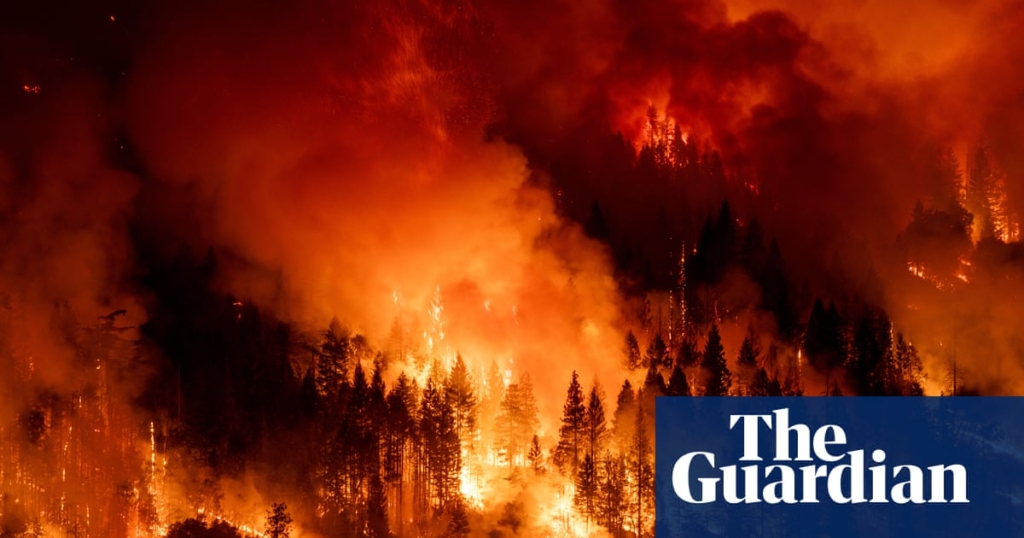Bu içerik, verilerin gösterdiği gibi bu yılın neredeyse kesinlikle kaydedilen en sıcak yıl olacağını ve endüstri öncesi seviyelere göre ortalama sıcaklığın 1.5C’nin üzerinde olacağını belirtiyor. Bu durum, iklim krizinin daha da tırmanması anlamına geliyor. Avrupa Birliği’nin Copernicus İklim Değişikliği Servisi’nden (C3S) Kasım ayına ilişkin veriler, ayın ortalama küresel yüzey sıcaklığının, fosil yakıtların kitlesel yakılmasından önceki seviyenin 1.62C üzerinde olduğunu gösterdi. 2024’ün 11 ayına ait veriler mevcut olduğunda bilim insanları, yılın ortalama sıcaklığının 1.60C olacağını ve 2023’te belirlenen 1.48C’lik rekoru aşacağını söyledi. Paris iklim anlaşması, 196 imzacının iklim felaketlerinin etkisini sınırlamak için küresel ısınmayı 1.5C’nin altında tutma taahhüdünde bulunuyor. Ancak bu, tek bir yıl değil, on yıl veya iki yıl boyunca ölçülüyor. Ancak, uzun vadede 1.5C sınırının altında kalma olasılığı giderek zorlaşıyor gibi görünüyor. Gezegeni ısıtan CO2 emisyonlarının 2024’te artmaya devam etmesi bekleniyor, 2023’ün sonlarında “fosil yakıtlardan uzaklaşma” taahhüdüne rağmen. İklim krizinin aşırı hava olaylarını hızlandırması zaten açıkça ortada, önceki şekilde mümkün olmayan yoğunluk ve sıklıkta sıcak dalgalar dünya çapında etkili oluyor, daha şiddetli fırtınalar ve daha kötü sel felaketleri yaşanıyor. Ayrıca, Kuzey ve Güney Amerika’da 2024 yılında özellikle yoğun orman yangınları söndü, Avrupa Birliği’nin Copernicus Atmosfer İzleme Servisi (Cams) geçen hafta rapor etti. Yangınlar, şiddetli kuraklıklar tarafından yönlendirildi ve Batı ABD, Kanada, Amazon ormanı ve özellikle Pantanal sulak alanları etkilendi. Ayrıca, aşırı hava olayları tarafından neden olunan ekonomik zarar artıyor. Sigorta şirketi Swiss Re’nin araştırma enstitüsünün verilerine göre, 2024 yılında tahmini ekonomik zararlar %6 artarak 320 milyar dolara yükseldi ve bu rakam, önceki 10 yılın ortalamasından %25 daha yüksek. Helene ve Milton kasırgaları ve ABD’de daha şiddetli kasırgaların yanı sıra Avrupa ve Birleşik Arap Emirlikleri’nde yaşanan sel felaketleri sigortalı zararlara katkıda bulundu. Ancak dünya çapındaki zararların yarısından azı sigorta tarafından karşılandı çünkü daha fakir insanlar primleri ödeyemiyor. İklim değişikliğinin aşırı hava olaylarını şiddetlendirmesiyle zararların artması muhtemeldir, varlıkların değerleri kentsel yayılmadan dolayı yüksek riskli alanlarda artarken; uyum, koruyucu önlemler gibi setler, barajlar ve su kapakları yeniden inşa etmekten 10 kat daha maliyet etkin olduğunu belirtti.
[ad 1]
Kaynak: www.theguardian.com







Yorumlar kapalı.